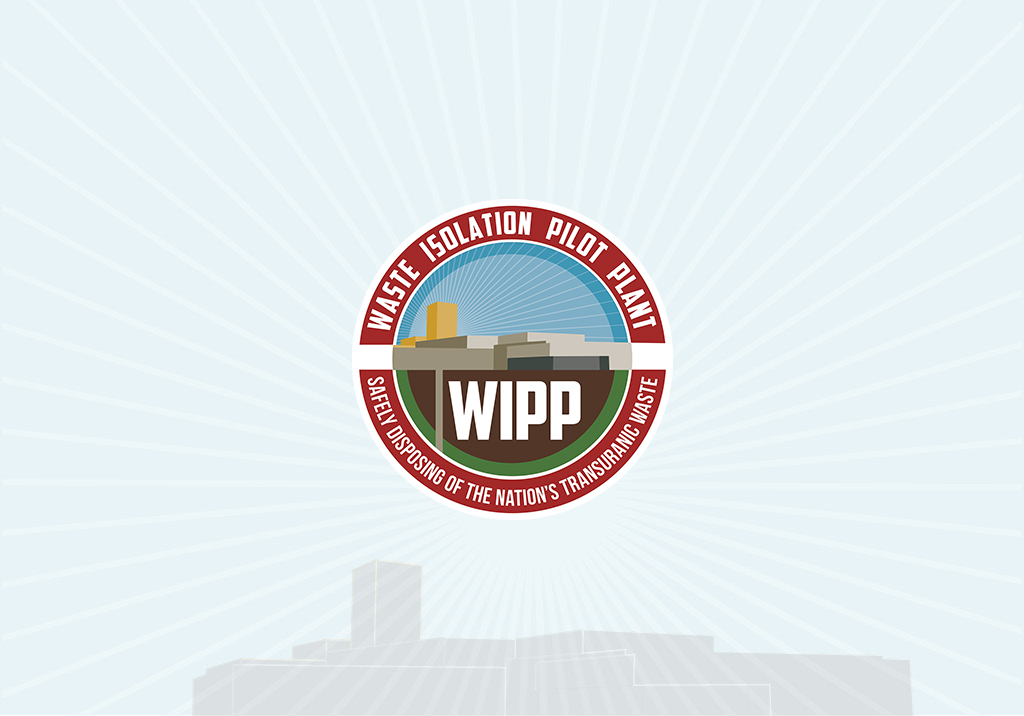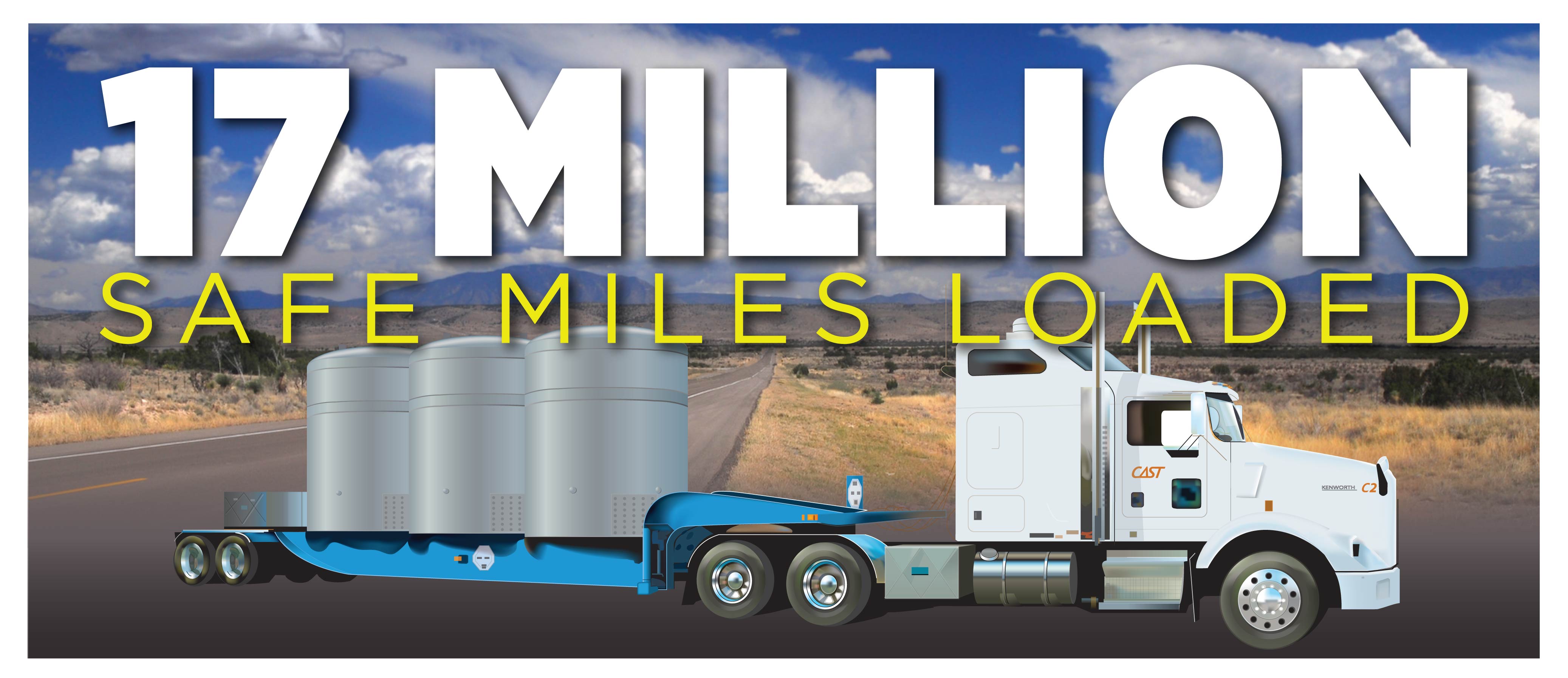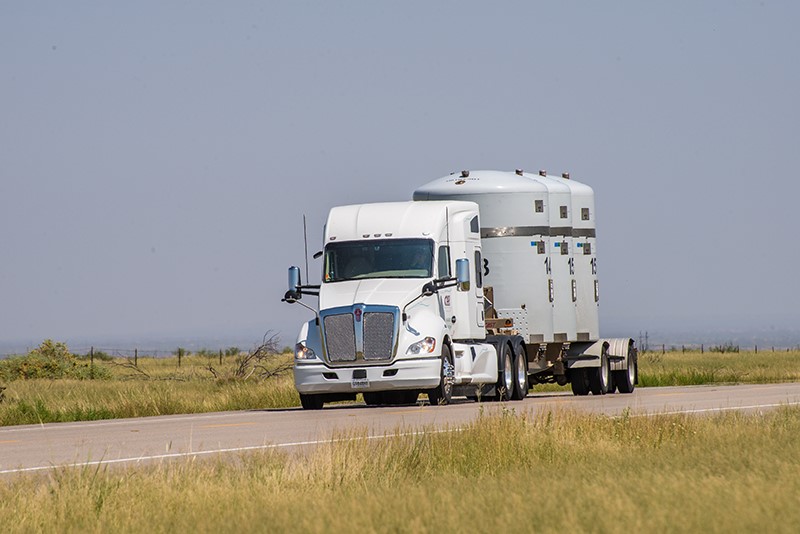
WIPP 2024 Year In Review
January 13, 2025
DOE Selects NextEra Energy for a Large-Scale Solar Project at the WIPP
September 17, 2024Nuclear waste transportation exceeds 17 million safe miles

CARLSBAD, N.M. October 16, 2024 – The U.S. Department of Energy’s (DOE) Waste Isolation Pilot Plant (WIPP) recently announced a major accomplishment in safely delivering nuclear waste over 17 million miles.
“The safety of our nuclear waste shipments is paramount,” said Mark Bollinger, manager for the DOE’s Carlsbad Field Office. “WIPP’s 17 million safe miles is extremely impressive and highlights the dedication of the men and women who transport these shipments on our nation’s roadways — they deserve our gratitude.”
CAST Specialty Transportation is the contractor hauling waste shipments from DOE sites to the WIPP. Drivers must meet stringent driving and background requirements. WIPP drivers receive about 200 hours of training before transporting their first waste shipment. Training includes use of package securement devices, radiation detection equipment and emergency management procedures.
Since beginning operations in 1999, WIPP has received over 14,170 TRU waste shipments from 22 DOE sites across the country. TRU waste is comprised of gloves, clothing, residue, soil, and other items contaminated with radioactive elements — largely plutonium — that have numbers greater than uranium on the periodic table.
TRU waste is transported to WIPP in specially designed casks, certified by the Nuclear Regulatory Commission. These casks are known as “type B containers” and must pass rigorous safety requirements prior to receiving this certification, including drop, burn, puncture and pressure testing.
Located in southeast New Mexico about 26 miles from Carlsbad, the WIPP repository is 2,150 feet underground and carved out of an ancient sea salt bed formed over 250 million years ago.

